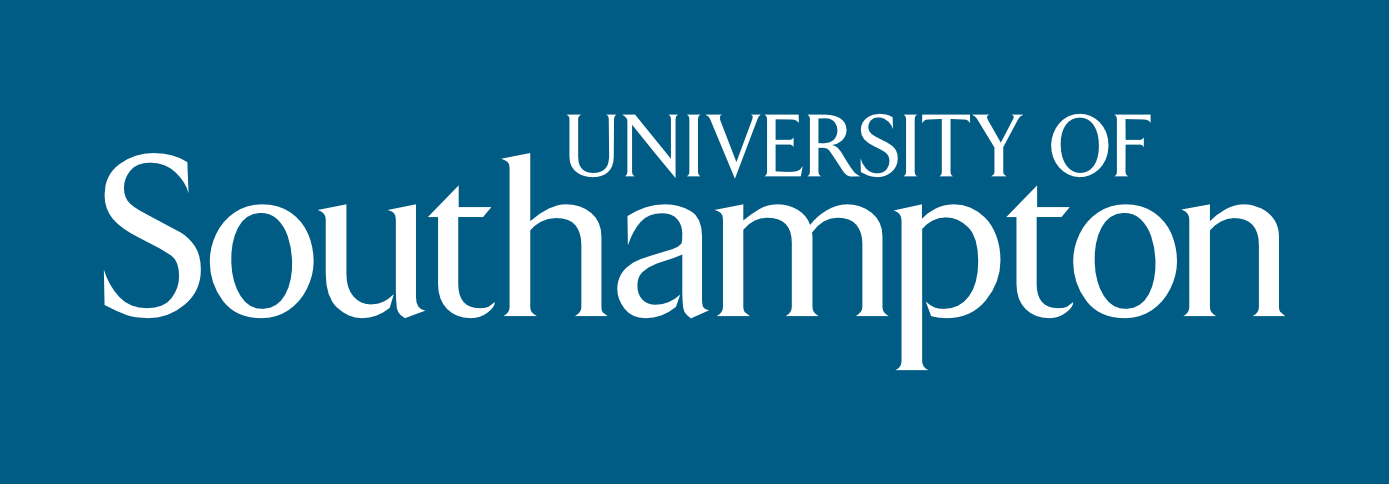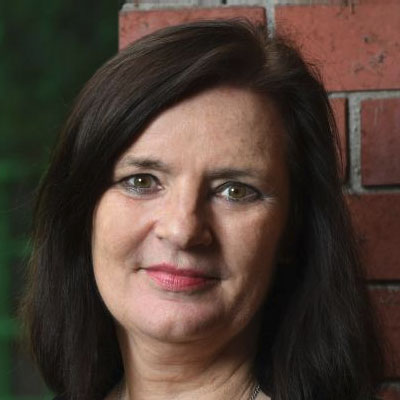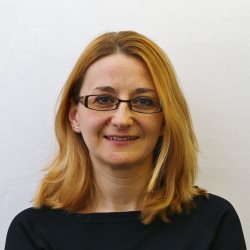
Project Lead
Professor Karen Evans
Professor Ingrid Schoon
Professor Martin Weale
Team Members
Professor Karen Evans
Professor Ingrid Schoon
Professor Martin Weale
Richard Dorsett
Michela Franceschelli
Dr Nicola Pensiero
Cinzia Rienza
Description
This research project is exploring the extent to which characteristics and relationships in the parental generation influence children’s life chances into early adult life and provide a platform for future well-being. By focusing on the inter-linkages of a far wider range of factors than previous studies that have focused mainly on class or income and exploring attitudinal factors and constellations of risks associated with worklessness, family support, marital dissolution, health and housing, this interdisciplinary research offers social scientific originality and innovation as well as answers to questions about changing intergenerational dynamics that are very topical for UK policy. The research will connect with current Office of National Statistics work on the development of well-being indicators.
This research project is exploring the extent to which characteristics and relationships in the parental generation influence children’s life chances into early adult life and provide a platform for future well-being. By focusing on the inter-linkages of a far wider range of factors than previous studies that have focused mainly on class or income and exploring attitudinal factors and constellations of risks associated with worklessness, family support, marital dissolution, health and housing, this interdisciplinary research offers social scientific originality and innovation as well as answers to questions about changing intergenerational dynamics that are very topical for UK policy. The research will connect with current Office of National Statistics work on the development of well-being indicators.
Do relationships between parents’ and children’s experiences persist even despite education?
The project investigates how characteristics regarding health, housing, employment, family support and learning engagement in the parent generation (G1) influence the lives of their children (G2). How are these factors interlinked, and what is the effect of stability and change in parental family, health, employment and housing status on young people’s transition experiences, their learning engagement and civic participation? In particular we will focus on the role of G1 marital dissolution, worklessness, attitudes to learning on the timing and sequencing of G2 education-, employment-, housing-, and health- transitions, as well as their learning engagement and civic participation.
The research being undertaken currently will result in the development of five indicators of smooth or ‘troubled’ transitions regarding health, housing, employment, family formation, learning engagement, in G1 and G2. It will examine the possible role of similarities between the experienced of parents and children over and above those effects which can be related to observed variables.
With reference to intergenerational transmissions, we are investigating what it is that is being transmitted to produce these patterns. In examining in what ways the five indicators and the interdependencies between them provide a platform for well-being and civic engagement later in life, leverages will be identified that could be applied via policy to improve life chances, well-being and social inclusion. In particular, we will further investigate the core LLAKES theme of the ways in which education and lifelong learning play a role in changing people’s life chances and promoting well-being. Do relationships between parents’ and children’s experiences persist even despite education?
Research Findings
The quantitative analysis so far has focused on constellations of risk, socio-economic disadvantage and the experience of parental worklessness. Qualitative analysis of NCDS interviews has started to explore educational inequalities and life course influences. At the level of households, a dataset has also been constructed using the British Household Panel Survey Understanding Society. It includes information from the youth survey (answered by children aged 11-15). This lets us understand the relationship between parental well-being and children’s well being, and the implications of this for the subsequent well-being of children when they become adults. Additional family case studies have been designed to explore how parenting intersects with social class, ethnicity and culture to influence children’s aspirations and educational trajectories.
Three new papers have been submitted for publication, and two are currently in preparation: a paper looking at the constellations of indicators of parental social origin using latent class analysis to identify patterns of status (in-) consistencies and their association with education participation of young people. The qualitative family case studies of parenting, ethnicity and social class have involved interviews with parents and young people over 16 years old and family observations. In this element of the project, qualitative research will provide further insights into the in-family processes that lead to the intergenerational reproduction of disadvantage/advantage and will enhance a deeper understanding of family background and its intersection with ethnicity or culture as determinants of young people’s future outcomes.
Publications
Bound, H., Evans, K., Sadik, S. and Karmel, A. (2018). How Non-Permanent Workers Learn and Develop: Challenges and Opportunities, Routledge
Bynner, J., Elder, G.H.Jr., Heinz, W. & Schoon, I. (2017). Insights gained on the Great Recession’s Effects. In: I.Schoon & J.Bynner (Eds.). Young People’s Development and the Great Recession: Uncertain Transitions and Precarious Futures
Lyons-Amos, M.J. and Schoon I. (2017). Employment and Family Transitions in the UK: Trends before and after the Great Recession in I.Schoon & J.Bynner (Eds.). Young People’s Development and the Great Recession: Uncertain Transitions and Precarious Futures
Evans, K., & Biasin, C. (2017). Exploring agency, learning andidentity in women’s life trajectories in United Kingdom and Italy – Exploración de la agencia, el aprendizaje y la identidad en las trayectorias de vida de las mujeres en el Reino Unido e Italia. Revista Española de Educación Comparada, 0(29), 15. DOI:10.5944/reec.29.2017.17212
Franceschelli, M. F., Schoon, I. S., & Evans, K. E. (2017). ‘Your past makes you who you are’: retrospective parenting and relational resilience amongst Black Caribbean British young people. Sociological Research Online. DOI:10.1177/1360780417726957
Schoon, I. (2017). Making it against the odds: diverse strategies and successful adaptation. In A. C. Peterson, S. H. Koller, F. Motti-Stefanidi, & S. Verma (Eds.), Positive youth development in global contexts of social and economic change. New York: Routledge.
Schoon, I. & Bynner J. (Eds.) (2017). Young People’s Development and the Great Recession: Uncertain Transitions and Precarious Futures. Cambridge University Press
Schoon I. & Bynner, J. (2017). Conceptualizing youth transitions in times of economic upheaval and uncertainty. I n I.Schoon & J.Bynner (Eds.). Young People’s Development and the Great Recession: Uncertain Transitions and Precarious Futures
Schoon I. & Lyons-Amos, M. (2017). A socio-ecological model of agency. The role of psycho-social and socio-economic resources in shaping education and employment transitions in England. Longitudinal and Life Course Studies, 8(1), 35-56
Schoon I. & Mortimer, J.T. (2017). Youth and the Great Recession – are values, achievement orientation and outlook to the future affected? International Journal of Psychology, 52(1), 1-8
Schoon, I., & Ng-Knight, T. (2017). Co-development of educational expectations and effort: their antecedents and role as predictors of academic success. Research in Human Development.
Schoon, I. & Silbereisen, R.K (Eds.) (2017). Pathways to Adulthood: How do Social Inquality, Individual Motivation, and Social Change matter? UCL Institute of Education Press
Dorsett, R., Lui, S. & Weale, M. (2016) The effect of lifelong learning on men’s wages Empirical Economics. Vol 51. pp737-762.
Evans, K., & Biasin, C. (2016). Agency, Learning and Identity in Women’s Life Trajectories. Savoirs, 42(3), 71. DOI:10.3917/savo.042.0071
“Lifelong learning, life course and agency”, presentation by Professor Karen Evans at the University of Padua, 23 March 2016
Ng-Knight, T. & Schoon, I. (2016). Disentangling the influence of socioeconomic risks on children’s early self-control. Journal of Personality.
Parker, P. D., Jerrim, J., Schoon, I., & Marsh, H. W. (2016). A Multination Study of Socioeconomic Inequality in Expectations for Progression to Higher Education: The Role of Between-School Tracking and Ability Stratification. American Educational Research Journal, 53(1), 6-32. Doi:10.3102/0002831215621786
“Can individual agency compensate for socio-economic disadvantage during the transition from school to work”, LLAKES research seminar prssented by Professor Ingrid Schoon, 15 December 2016
Schoon, I. & Mullin, A.S. (2016). Crime involvement and family formation among men and women. Evidence from the 1970 British Birth Cohort Study. Advances in Life Course Research, 28, 22-20
Schoon, I. & Lyons-Amos, M. (2016) Diverse pathways in becoming an adult: the role of structure, agency and context. Research in Social Stratification and Mobility. ISSN 02765624.
Symonds, J., Schoon, I. & Salmela-Aro, K. (2016). Developmental trajectories and emotional disengagement from schoolwork and their longitudinal associations in England. British Educational Research Journal.
Franceschelli, M., Evans, K. & Schoon, I. (2015). ‘A fish out of water?’ The therapeutic narratives of class change. Current Sociology, DOI: 0011392/115595064
Schoon, I. (2015). Gender and the transition to adulthood: A diverse pathways view. In Robert Scott and Stephen Kosslyn, Hoboken (eds.). Emerging Trends in the Social and Behavioral Sciences: An Interdisciplinary, Searchable, and Linkable Resource. (pp 1–15). NJ: John Wiley and Sons. DOI: 10.1002/9781118900772.etrds0138
Schoon, I. (2015). Diverse Pathways: Rethinking the Transition to Adulthood. In P. Amato, A. Booth, S. McHale, & J. Van Hook (Eds.), Families in an era of increasing inequality: Diverging destinies. (pp. 115-136). New York: Springer
Other publications
Schoon, I., Nasim, B., Shemi, R. & Cook, R. (2015) The impact of early life skills on later outcomes. Report for the OECD (Early Childhood Education and Care). EDU/EDPC(2015)26 JT03384682
| Full Name | Role | Uni/dept | |
| Professor Karen Evans | Project leader | UCL Institute of Education | |
| Professor Ingrid Schoon | Project leader | UCL Institute of Education | |
| Professor Martin Weale | Researcher | King’s College London |
















